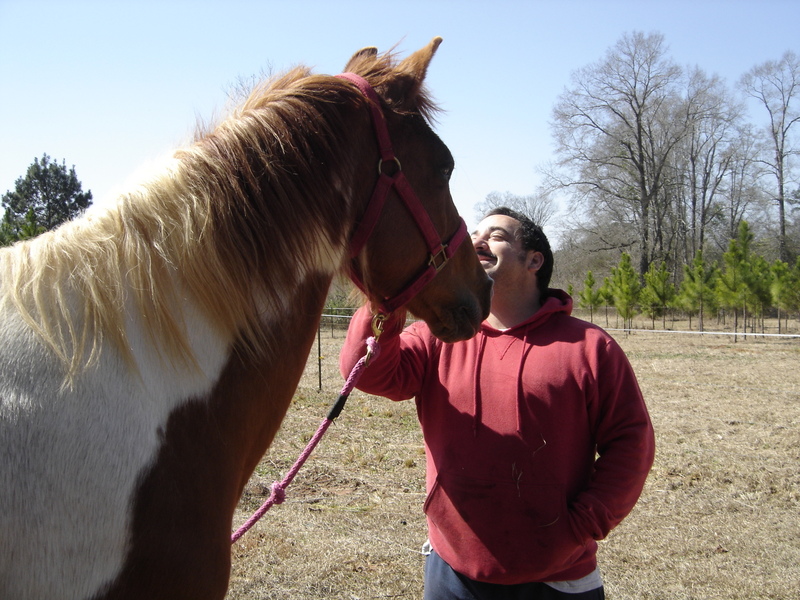Last week I reported on the imminent release of The Millennium Project's State of the Future 2014. The Millennium Project has been around since 1996 and serves as a central clearing house for ideas about the future from 3,500 contributors whose backgrounds include academics, government, business, NGOs and think tanks. The 2014 State of the Future represents a distillation of current thoughts.
What are they?
The outlook for the next decade is more positive than negative based on an analysis of 30 factors, among them, health, freedom, education, environment and wealth. The outlook for the next 100 years, however, could be disastrous.
We are witnessing a worldwide reduction in poverty even though half of the world's wealth is concentrated in the hands of 1% of the population.
We are witnessing a rise in education and literacy making humans more knowledgeable and less tolerant of elites, and government which is trending toward increased unrest, revolution and other signs of civil disobedience.
Population growth is expected to add almost a billion humans to Earth in a little more than a decade.
Organized crime contineus to increase costing the world twice what nations spend on military budgets, and a number of nation states have become active criminal participants.
War is generally on the decline.
Collective intelligence systems are making us all smarter.
Human consumption is threatening all of nature.
The cost of natural disasters and annual economic losses from climate change is increasing and could reach $300 billion U.S. per year by 2025 according to the reinsurance industry.
Africa will need an investment of $675 billion U.S. by 2030 to achieve a low-carbon sustainable level of growth, and ensure energy and food self-sufficiency.
Asia and Oceania will witness the largest migration from rural to urban environments, and from climate change threatened coastal and island states.
Urban growth will require an urban systems ecology strategy or else the region will face catastrophe from coastal land loss, resource depletion, freshwater stresses and other climate-related impacts.
Central and South America will face face deforestation challenges with Brazil forced to choose between agricultural development and Amazonian rainforest retention with the latter the planet's primary land-based carbon sink.
North America may be the least affected region of the globe over the next decade but it will still feel the impact of climate change. Continuing drought in the American southwest will contribute to a drop in agricultural productivity, and will lead to urban migration away from the region because of water stress, and extreme weather events.
Polar regions, particularly the North, will feel the affects of a warmer atmosphere far more than any other part of the planet with permafrost temperatures expected to rise contributing to GHG emissions of methane that could further destabilize the climate.
The oceans, the largest carbon sink on the planet, will continue to trap CO2 which will contribute to acidification with impacts on calciferous zoo and phytoplankton at the base of the marine food chain. The rate of acidification remains unknown but over the remainder of the century could prove to be the single most disastrous element resulting from human contributions to climate change.
The report summarizes the 15 global challenges in a diagram which I have reproduced here.
wfs


